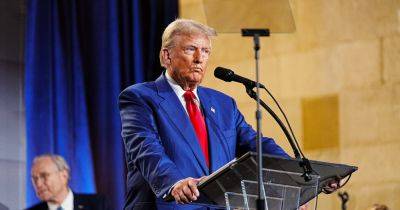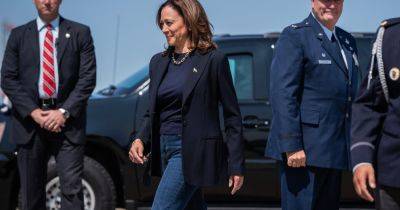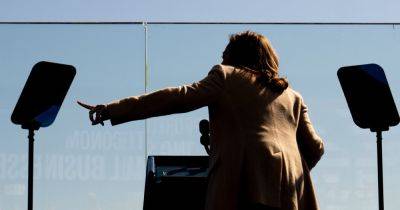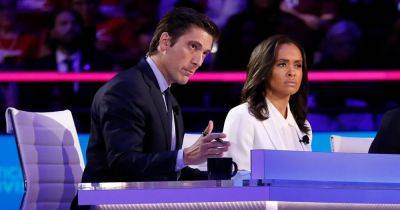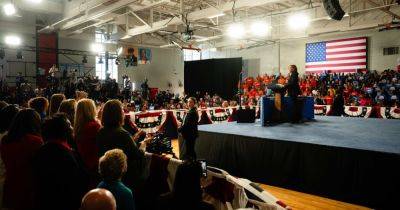For Trump, Tariffs Are the Solution to Almost Any Problem
It has been more than five years since former President Donald J. Trump called himself a “Tariff Man,” but since then, his enthusiasm for tariffs seems only to have grown.
Mr. Trump has long maintained that imposing tariffs on foreign products can protect American factories, narrow the gap between what the United States exports and what it imports, and bring uncooperative foreign governments to heel. While in office, Mr. Trump used the threat of tariffs to try to convince Mexico to stop the flow of undocumented immigrants across the U.S. border, and to sway China to enter into a trade deal with the United States.
But in recent weeks, Mr. Trump has made even more expansive claims about the power of tariffs, including that they will help pay for child care, combat inflation, finance a U.S. sovereign wealth fund and help preserve the dollar’s pre-eminent role in the global economy.
Economists have been skeptical of many of these assertions. While tariffs generate some level of revenue, in many cases they could create only a small amount of the funding needed to pursue some of the goals that Mr. Trump has outlined. In other cases, they say, tariffs could actually backfire on the U.S. economy, by inviting retaliation from foreign governments and raising costs for consumers.
“Trump seems drawn to trade tariffs as a bargaining tool with other countries because tariffs have powerful domestic political symbolism, are much easier to turn on and off than financial sanctions and can be tweaked with shifting circumstances,” said Eswar Prasad, a trade economist at Cornell University.
“The irony is that using tariffs to punish countries that use unfair trade practices or are trying to reduce their dependence on the dollar is likely to end


